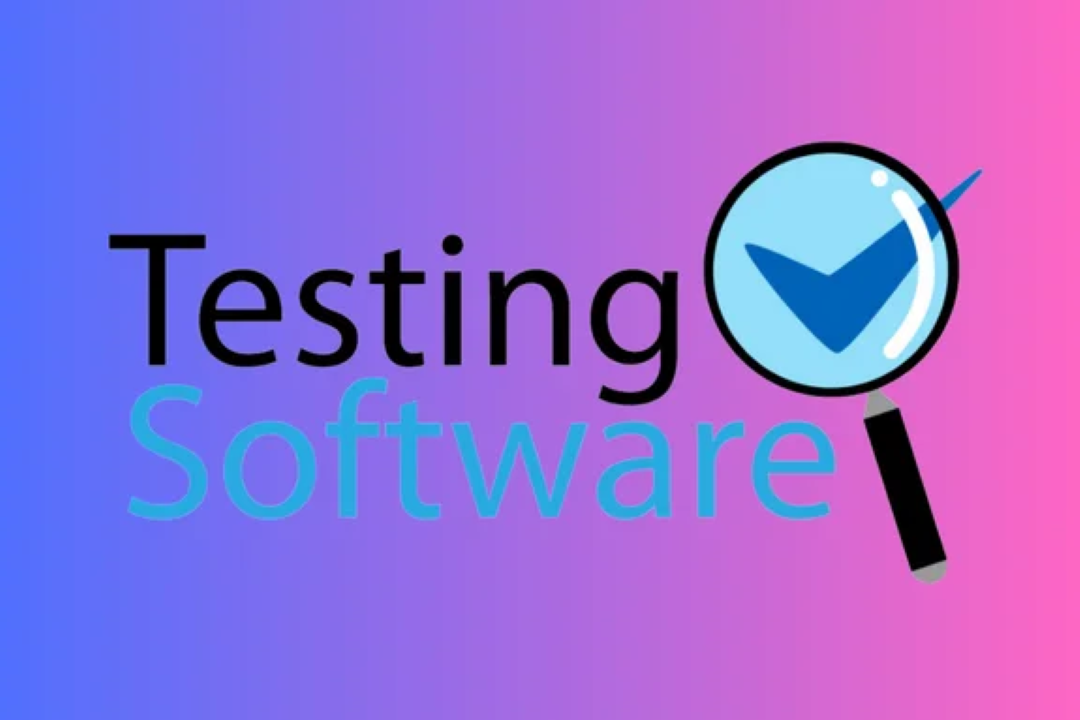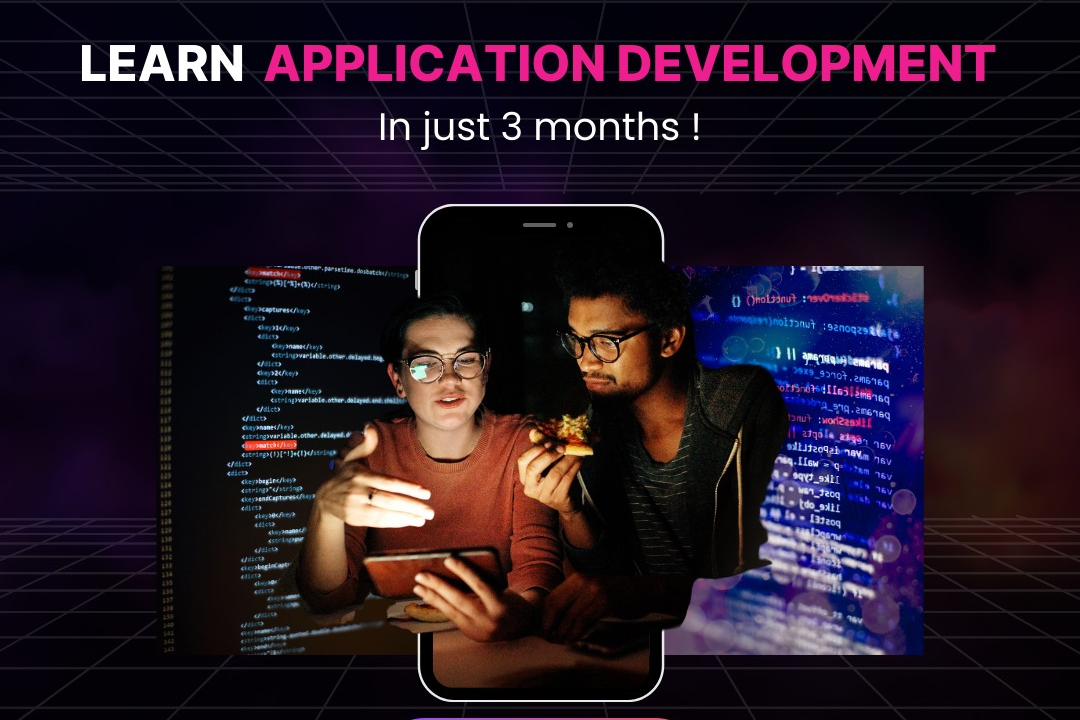best UI components react native
The best UI components for React Native are pre-built libraries that streamline the development of m
best UI components react native
The best UI components for React Native are essential tools that significantly simplify the mobile app development process by providing a variety of pre-designed and customizable elements. These components, available in popular libraries such as React Native Elements and NativeBase, enhance efficiency by allowing developers to quickly assemble user interfaces without having to create every element from scratch. They ensure consistency in design across iOS and Android platforms, improve the overall user experience, and help maintain high code quality. By leveraging these UI components, developers can focus on building unique features while speeding up the development cycle and delivering polished applications more effectively.
To Download Our Brochure: https://www.justacademy.co/download-brochure-for-free
Message us for more information: +91 9987184296
The best UI components for React Native are essential tools that significantly simplify the mobile app development process by providing a variety of pre designed and customizable elements. These components, available in popular libraries such as React Native Elements and NativeBase, enhance efficiency by allowing developers to quickly assemble user interfaces without having to create every element from scratch. They ensure consistency in design across iOS and Android platforms, improve the overall user experience, and help maintain high code quality. By leveraging these UI components, developers can focus on building unique features while speeding up the development cycle and delivering polished applications more effectively.
Course Overview
The “Best UI Components for React Native” course offers a comprehensive exploration of essential UI components that streamline mobile app development. Participants will delve into various popular libraries, such as React Native Elements and NativeBase, learning how to effectively integrate and customize these components to create engaging, user-friendly interfaces. By engaging in real-time projects, learners will gain practical experience in leveraging these UI components to enhance app design consistency across platforms, improve user experience, and optimize development efficiency. This course is ideal for developers looking to elevate their skills and deliver high-quality mobile applications with ease.
Course Description
The “Best UI Components for React Native” course is designed for developers aiming to master the essential UI elements that enhance mobile app development. Participants will explore a range of popular libraries, such as React Native Elements and NativeBase, gaining hands-on experience in implementing and customizing components to build visually appealing and user-friendly interfaces. Through real-time projects, learners will not only understand best practices for UI design but also enhance their ability to create responsive applications, ensuring a seamless experience across both iOS and Android platforms. This course equips developers with the tools and knowledge needed to elevate their app development skills and deliver top-notch mobile solutions.
Key Features
1 - Comprehensive Tool Coverage: Provides hands-on training with a range of industry-standard testing tools, including Selenium, JIRA, LoadRunner, and TestRail.
2) Practical Exercises: Features real-world exercises and case studies to apply tools in various testing scenarios.
3) Interactive Learning: Includes interactive sessions with industry experts for personalized feedback and guidance.
4) Detailed Tutorials: Offers extensive tutorials and documentation on tool functionalities and best practices.
5) Advanced Techniques: Covers both fundamental and advanced techniques for using testing tools effectively.
6) Data Visualization: Integrates tools for visualizing test metrics and results, enhancing data interpretation and decision-making.
7) Tool Integration: Teaches how to integrate testing tools into the software development lifecycle for streamlined workflows.
8) Project-Based Learning: Focuses on project-based learning to build practical skills and create a portfolio of completed tasks.
9) Career Support: Provides resources and support for applying learned skills to real-world job scenarios, including resume building and interview preparation.
10) Up-to-Date Content: Ensures that course materials reflect the latest industry standards and tool updates.
Benefits of taking our course
Functional Tools
1 - React Native
React Native is the foundation of our training program, enabling students to build mobile applications using JavaScript and React. This framework allows for the creation of native apps for both iOS and Android from a single codebase. Students will learn about its component based architecture, which promotes reusability and efficiency in app development. Familiarity with React Native's built in components and APIs is crucial as it enables students to tap into device features like camera, location, and notifications seamlessly.
2) Expo
Expo is a powerful tool that enhances the React Native development experience. It provides a set of tools and services designed to streamline the development process, including a client app for testing on mobile devices in real time, without requiring a build process. Students will explore features like Over the Air (OTA) updates and easy access to device capabilities, making it easier to develop and debug their applications. Learning to use Expo ensures students can deploy and share their projects quickly, a key skill for modern developers.
3) Visual Studio Code
As the primary code editor used in our training program, Visual Studio Code is favored for its rich feature set, including IntelliSense, debugging capabilities, and version control integration. Students will benefit from customizing the editor with extensions tailored for React Native development, enhancing their productivity. Understanding how to configure and utilize various tools and shortcuts in Visual Studio Code will significantly improve coding efficiency and effectiveness in the development workflow.
4) Redux
Redux is a state management library essential for managing complex application states in React Native. The training program will delve deep into Redux's architecture, including actions, reducers, and the store, helping students maintain predictable state management across their applications. By integrating Redux, students will learn how to build scalable applications that manage data flow effectively, ensuring that all components remain synchronized with the current state of the application.
5) React Navigation
Effective navigation is a critical aspect of mobile app development, and React Navigation is the go to library for this purpose within the React Native ecosystem. Students will learn how to implement different navigational patterns such as stack, tab, and drawer navigators, allowing them to structure their applications intuitively. This library helps students create smooth transitions and maintain user friendly navigation experiences, which is crucial for keeping users engaged.
6) Styled Components
Styled Components is a popular library for styling React components, enabling students to write CSS directly within their JavaScript code. This approach promotes a more modular and maintainable styling method. Students will learn the advantages of CSS in JS, such as dynamic styling based on props and theming capabilities, ultimately leading to the creation of visually appealing and cohesive applications. By mastering Styled Components, students can enhance the aesthetic quality of their UI components effectively.
7) Jest and React Testing Library
Testing is a fundamental skill for ensuring application reliability, and this program incorporates Jest and the React Testing Library for automated testing of components. Students will learn how to write unit and integration tests, ensuring that their components function correctly under various scenarios. By instilling testing best practices, the training program emphasizes the importance of delivering high quality, bug free applications, paving the way for fulfilling user expectations and reducing post release maintenance efforts.
8) TypeScript
Incorporating TypeScript into the React Native development process enhances code quality and maintainability. Students will learn the benefits of static typing for catching errors early during development and making the code more predictable. By using TypeScript, they can create more robust applications with better tooling support and a clearer contract within codebases. This addition not only improves development efficiency but also equips students with skills highly valued in the job market.
9) Backend Integration (Node.js and Express)
Understanding how to integrate backend services is crucial for delivering full stack applications. In this training, students will learn how to set up a Node.js server using Express, allowing them to create and manage APIs for their React Native applications. They'll explore RESTful services, authentication mechanisms, and database interactions, giving them the skills needed to build comprehensive applications that engage with databases and provide rich user experiences.
10) State Management with Context API
In addition to Redux, the training program introduces the Context API for state management in React Native applications. Students will understand when to use Context API over Redux based on the complexity of their application's state needs. Mastering this API allows for cleaner and more straightforward state management in less complex applications, thereby enabling students to choose the right tool for their project requirements.
11 - Native Modules and Custom Components
Students will explore how to create and integrate native modules and custom components to extend React Native capabilities. Learning to bridge native code (Java, Swift, Objective C) with JavaScript enables more complex functionalities that are not available through React Native out of the box. This capability empowers students to customize their applications uniquely and leverage platform specific features effectively.
12) Cloud Services (Firebase and AWS)
In today’s app development landscape, understanding cloud services is invaluable. This training will cover how to integrate Firebase for real time databases, user authentication, and cloud storage, as well as using AWS for backend services. Students will learn to utilize these platforms for deploying their apps, managing data, and scaling their applications effectively, which are critical skills for modern developers.
13) App Deployment
Successful deployment of applications to the App Store and Google Play Store will be covered comprehensively. Students will learn about the necessary steps, including app signing, submission processes, and compliance with platform guidelines. This knowledge ensures that students are not only creating applications but also successfully launching them into the market, a crucial aspect of app development.
14) Performance Optimization
The training program will delve into techniques for optimizing the performance of React Native applications. This will include methods for reducing load times, minimizing memory usage, and ensuring smooth animations. Students will learn about profiling tools available in React Native, as well as best practices for writing performant code, which is essential for delivering high quality user experiences.
15) Debugging Techniques
Effective debugging is essential for any developer. Students will learn various debugging techniques and tools specifically tailored for React Native, including the use of React DevTools and Flipper. Understanding how to debug applications efficiently allows students to identify and resolve issues quickly, leading to faster development cycles and more stable applications.
16) User Experience (UX) and User Interface (UI) Design Principles
Incorporating design principles into the development process enhances the overall quality of applications. Students will learn about UX/UI best practices, focusing on creating intuitive navigation, responsive layouts, and visually appealing interfaces. This knowledge helps them to create applications that not only function well but also engage and retain users effectively.
17) Version Control with Git
An integral part of modern software development, the program will include training on using Git for version control. Students will learn how to manage their codebase, collaborate with others, and track changes efficiently. Mastery of Git equips them with the skills necessary for working in team environments and maintaining project integrity.
18) Soft Skills for Developers
Beyond technical skills, the training program emphasizes the importance of soft skills such as teamwork, communication, and problem solving. Developing these skills is crucial for success in any workplace and helps students work confidently within diverse teams, essential for collaborative app development projects.
By incorporating these additional points, JustAcademy ensures that its certification program equips students with a comprehensive toolkit required for success in the competitive field of mobile app development using React Native.
Browse our course links : https://www.justacademy.co/all-courses
To Join our FREE DEMO Session:
This information is sourced from JustAcademy
Contact Info:
Roshan Chaturvedi
Message us on Whatsapp: +91 9987184296
Email id: info@justacademy.co
Appium Same Code For Android And Ios












